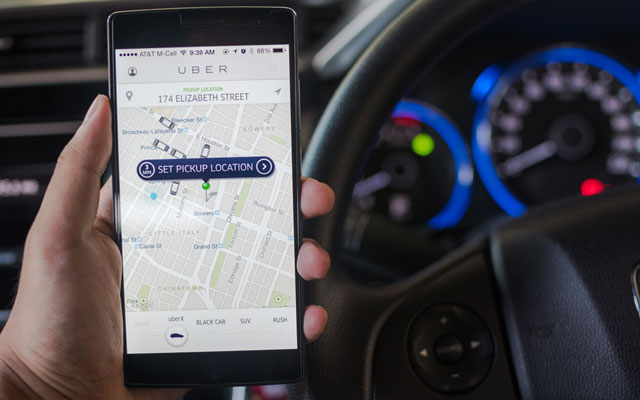As the use of sharing-economy suppliers such as Uber, Airbnb, Grab and Lyft becomes increasingly prevalent, travel managers are beginning to integrate them into their corporate travel programmes.
“Even though they weren’t included in my company’s corporate programme, our travellers were already using companies like Uber,” said Adriana Nainggolan, travel programme manager, APAC, Autodesk.

“These companies are providing additional solutions for companies that need more cost-effective travel programmes.”
The “undeniable” benefits, listed Nainggolan, were cost savings, legitimate market presence, and resource-friendly business practices.
For United Spirits Limited in India, employees often have to travel to remote areas in the country where public transport is not an option. Compared to private rentals and taxis, local car hire company Ola turned up “huge cost savings” of “one-third the rate”, shared Jani Jermans, consultant – mobility & wellness, United Spirits.
Before incorporating Ola into its travel programme, Jermans first gleaned feedback from employees who used the service, and ensured the service promised and provided several guarantees.
These include having all employees’ email addresses tied to the corporate account, conducting an education session for the employees to ensure they correctly log their corporate rides using a drop-down menu, having a team account manager to provide round-the-clock support, as well as an SOS service in case of emergencies.
United Spirits is currently looking to incorporate Ola and Uber into its corporate travel programme, said Jermans.
In the hospitality sphere, Airbnb has also conducted “many dialogues with corporate clients to offer business-ready apartments and properties”, said Stephenie Lee, business development director of FCM Travel Solutions.
Business-ready rentals include assurances such as laptop-friendly stations, high-speed Wi-Fi connection, full private apartment rental, flexible cancellation policies and high-ranking hosts, noted Lee.
She shared an instance of a client that once spent “near A$30 million (US$23.6 million)” on domestic travel expenses, a high percentage of which went into long hotel stays and non-flexible travelling dates.
She continued: “When Airbnb became popular, professors and staff started to book (apartments) on their own – there was no control. We had a conversation with them (about it), and as a TMC, we decided to provide a solution – we will book it for them.”
Lee established a special arrangement with Airbnb to allow them to book on behalf of individuals using their account, which could be switched between personal and business profiles.”
Li Lei, founder of Youli Consulting, opined that sharing economies like Airbnb “still have a lot of space to improve” for business travel, maintaining that hotels still have a stronghold with corporate comforts like a meeting lounge, a gym and ironing board.
He said: “They can learn from hotel chains and make their service standards more concise and consistent.”





















